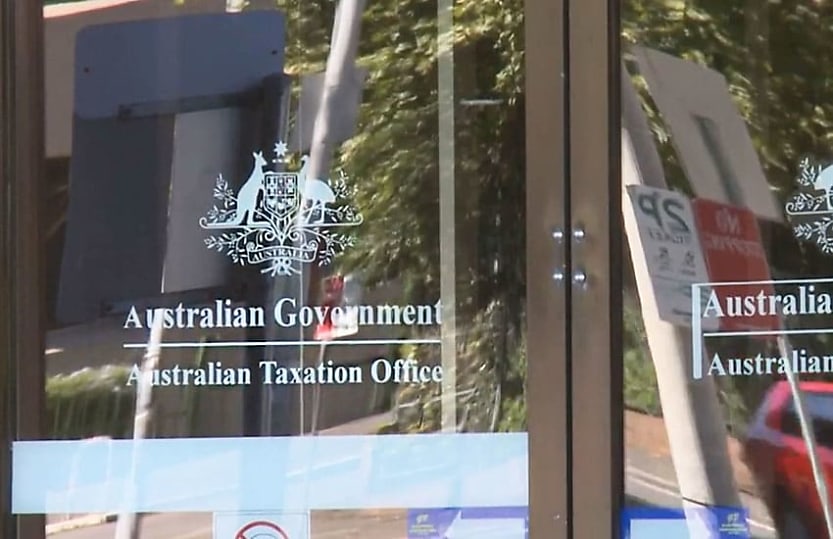ATO issues new ‘good governance’ checklist for NFPs

The Tax Office has reminded not-for-profit organisations to vigilantly check tax and super obligations are being met effectively to uphold good governance.
The ATO has released a not-for-profit (NFP) tax, super and registry checklist to help ensure all NFPs stay up to date with requirements and obligations.
The Tax Office said it created the list to reduce the chances of an NFP being subject to compliance activity or penalties.
“It is good practice to run through the checklist at regular board or committee meetings as a standing agenda item,” the Tax Office said.
“Staying current with your tax and super affairs is part of your NFP’s good governance framework and delivers transparency, accountability and engagement for your members.”
The checklist has 11 different tax, super and registry components and responsibilities based on the seven differing types of NFPs.
The differing NFP types included all NFPs, self-assessed income tax-exempt NFPs, taxable NFPs, NFPs with more than $150,000 turnover, NFPs employing staff, NFPs that need to make payments to the ATO, and charities.
Some requirements on the checklist spanned from legal requirements to update ABN details, to director ID re-equipments and review of governing documents which all NFPs must ensure they continue to meet, and NFP-type specific requirements.
“The checklist can help you identify any action you need to take to keep on top of your obligations,” the ATO said.
“Keeping your ABN authorisations and contact details current will ensure you are informed of any significant tax, super and registry changes for the NFP sector.”
Along with the release of the new checklist, the ATO recommended that all NFPS complete a self-review every 12 months or when the organisation changed its governing rules, structure or activities.
Once an NFP self-review return was submitted, the next move for the NFP would be determined by the outcome if it was tax-exempt or taxable, according to the ATO.
For example, if the self-assessed review had come back as income tax exempt, then the lodgment requirements would be considered completed and a review would need to be lodged again the following year.
However, if a taxable outcome was received after submitting an NFP self-review return, the NFP wouldn’t qualify for income tax exemption and therefore would not be required to lodge another review in the following income year.
“You have until 15 May 2025 to lodge your income tax return or non-lodgement advice, if your NFP has a standard income year ending 30 June,” the ATO said.
“If you have an ATO-approved substituted accounting period, check your due date to lodge the 2023-24 income tax return as it is determined by your approved balance date.”
About the author







